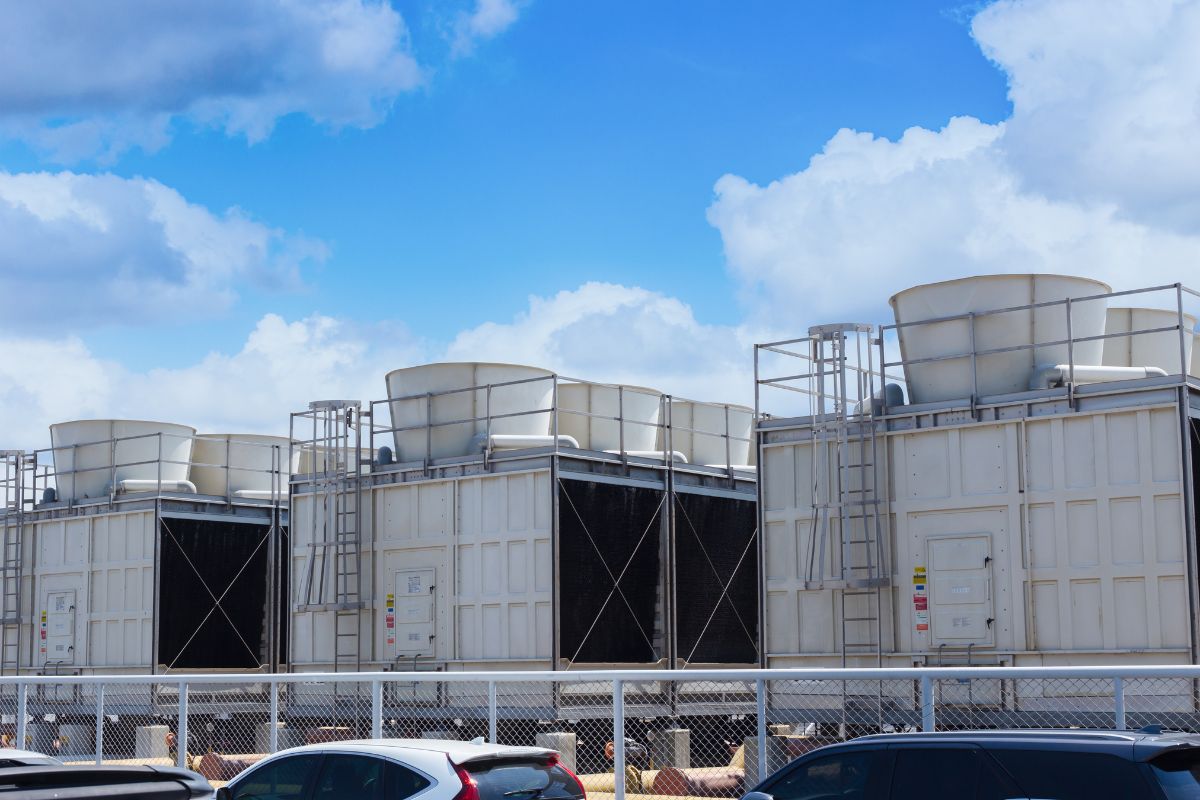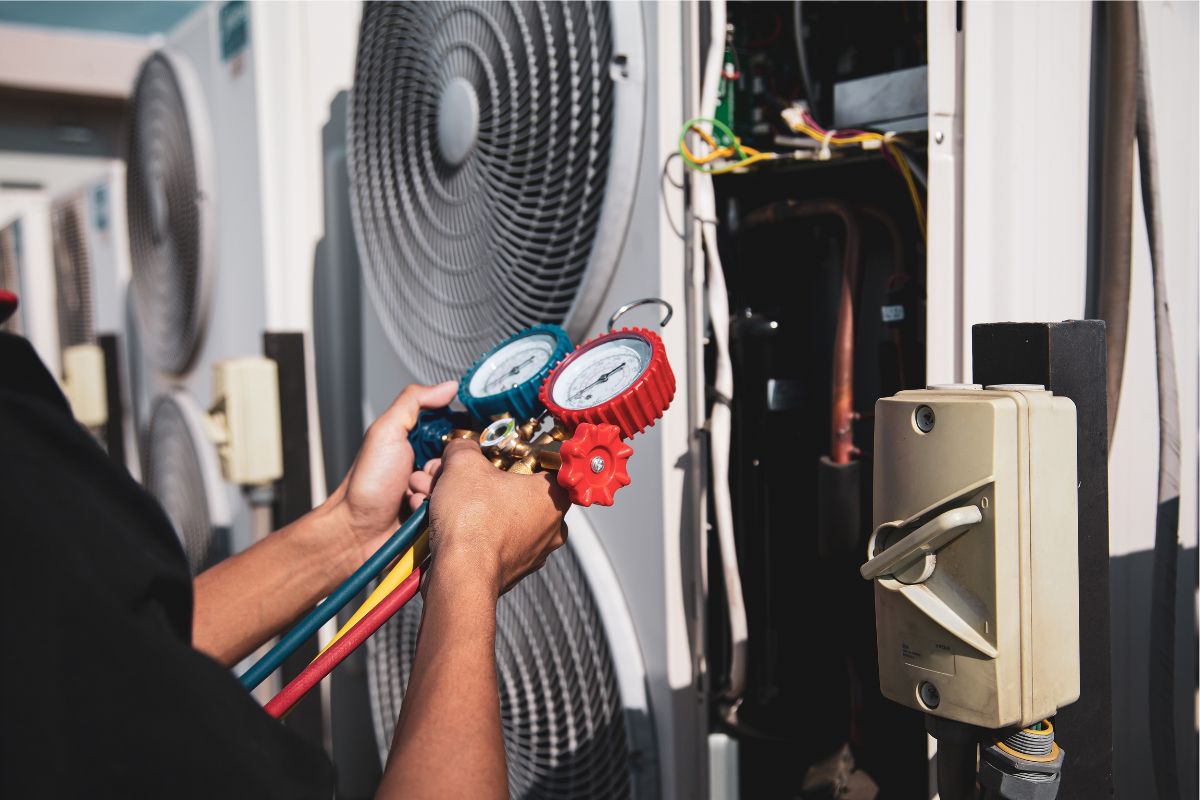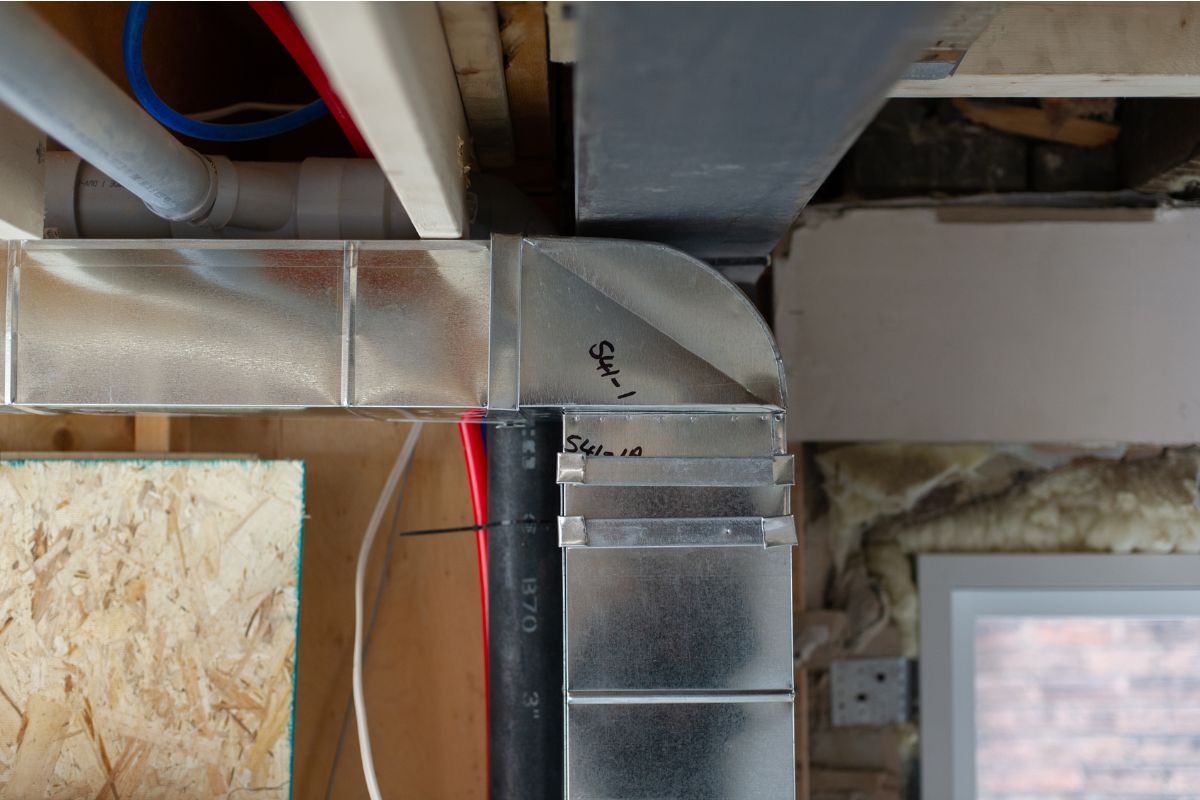Whether you’re a commercial refrigeration technician or responsible for managing your workplace’s refrigerant usage, it’s important to understand both the basics and fundamentals of these popular gases. This blog post will provide an introduction to hydrofluorocarbon (HFC) Refrigerants, including what they are used for, their properties, importance in usage regulations, and special considerations that need to be taken into account when utilizing them. With comprehensive information on this essential technology, you can confidently and responsibly use HFC refrigerants in any of your cooling projects!
What Are HFC Refrigerants and How Are They Used

HFC refrigerants, or hydrofluorocarbons, are a type of refrigerant used in cooling systems and refrigeration units. These refrigerants are a popular alternative to traditional ones such as CFCs and HCFCs, which were found to be harmful to the environment. HFC refrigerants are known for their low toxicity and non-flammability, making them a safe option for a variety of cooling applications.
One of the main industries that rely on HFC refrigerants is the restaurant industry, where these help keep food and beverages at optimal temperatures. They are commonly used in walk-in coolers, freezers, beverage dispensers, and other refrigeration systems found in commercial kitchens. With the emphasis on environmentally-friendly practices in the food industry, HFC refrigerants are a great option for restaurant owners who want to reduce their carbon footprint while maintaining safe and efficient cooling systems.
The Benefits of Utilizing HFC Refrigerants
The utilization of HFC refrigerants has been increasingly popular in cooling and refrigeration systems, and for good reason. Mainly, HFC refrigerants have excellent thermodynamic properties, meaning they can efficiently absorb and release heat which translates to better energy efficiency for the cooling or refrigeration system.
This improved energy efficiency results in lower operating costs. The benefits of HFC refrigerants reach beyond just cost savings, as they also offer superior performance and reliability compared to traditional refrigerants. The adoption of HFCs has become a preferred and responsible choice for many businesses and individuals, and it is a trend that is likely to continue well into the future.
Health and Environmental Factors to Consider When Using HFC Refrigerants
When it comes to making decisions about which refrigerants to use in your business or personal life, it’s important to consider both health and environmental factors. HFC refrigerants have been used for years as a more environmentally friendly alternative to CFCs and HCFCs. However, they still pose potential health risks if not handled properly. These risks include skin and eye irritation, dizziness, and in extreme cases, cardiac arrest.
Moreover, HFCs have a high global warming potential, which can contribute to climate change if not controlled. It’s crucial to carefully manage the use, storage, and disposal of HFC refrigerants to limit both health and environmental impacts. By staying informed on best practices and investing in proper equipment and training, users can ensure safe and responsible use of HFCs for years to come.
Proper Maintenance and Handling Procedures for HFC Refrigerants
Proper maintenance and handling procedures are critical when it comes to HFC refrigerants. These substances are widely used in air conditioning systems and cooling appliances, but they can pose serious risks to health — including potential asphyxiation on top of its toxic and flammable properties — and the environment if handled improperly. The key to achieving safe and efficient operation is to closely follow recommended procedures and guidelines for use. This includes practices like checking for leaks, ensuring proper storage conditions, and strict adherence to applicable safety regulations.
Additionally, proper handling of HFCs require a thorough understanding of their properties, including their potential hazards, and how to mitigate these risks. Ultimately, taking these precautions can help reduce the potential for damage to equipment, risk to human health, and environmental impacts. With careful attention to proper maintenance and handling procedures, HFC refrigerants can be used safely and effectively to meet the needs of businesses and other facilities.
Understanding the Different Types of HFC Refrigerants and Their Characteristics
The refrigeration industry has undergone numerous changes in recent years, with the increase in the use of HFC refrigerants being a significant one. Unlike the traditional refrigerants, HFCs are considered to be more environmentally friendly due to their low ozone depletion potential and global warming potential. However, there are various types of HFCs, each with different characteristics and properties that make them suitable for specific applications.
Understanding the differences between these types of HFCs is essential for selecting the right refrigerant for any application. The characteristics of an HFC refrigerant, such as boiling point, vapor pressure, and thermodynamic properties, must be considered to ensure optimal performance and efficiency. While there are some similarities between these refrigerants, their differing properties could significantly impact the refrigeration process. In summary, a comprehensive understanding of the different types of HFCs and their characteristics will enable the selection of the most suitable refrigerant for specific applications.
In conclusion, HFC refrigerants are widely used in many environments and have several benefits. Although the health and environmental impacts of these chemicals must be taken into consideration, proper handling procedures can reduce the risks. The various types of HFCs offer different characteristics and results that must be carefully considered before making a choice. While it is important to understand these advantages and disadvantages, it’s also important to maintain the equipment properly for maximum efficiency. As this blog has discussed, learning about HFC refrigerants is essential for making informed HVAC decisions in your environment.
Need Help with Refrigerants? Call Air Ideal Today
When you need expert advice on which HFC refrigerant is right for you or professional maintenance assistance with your current system, contact Air Ideal — we are here to provide you with all your refrigerant needs. To learn more, please visit our website and get in touch with us today!



